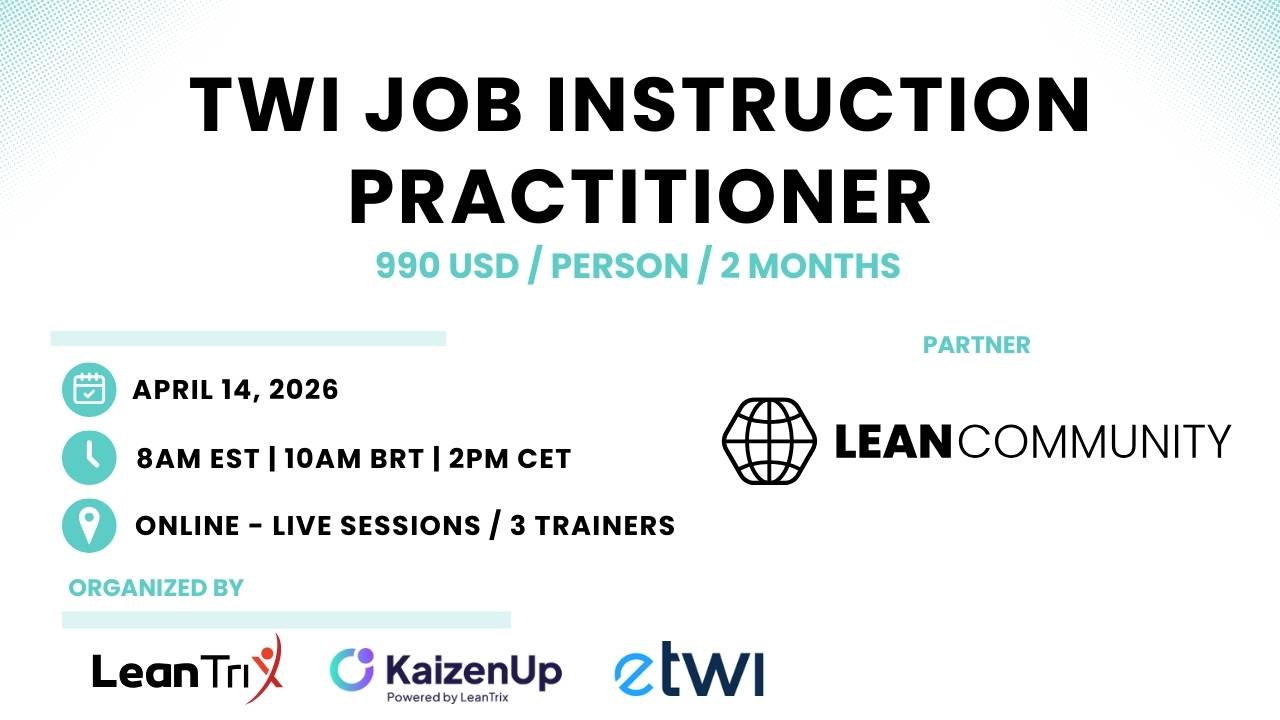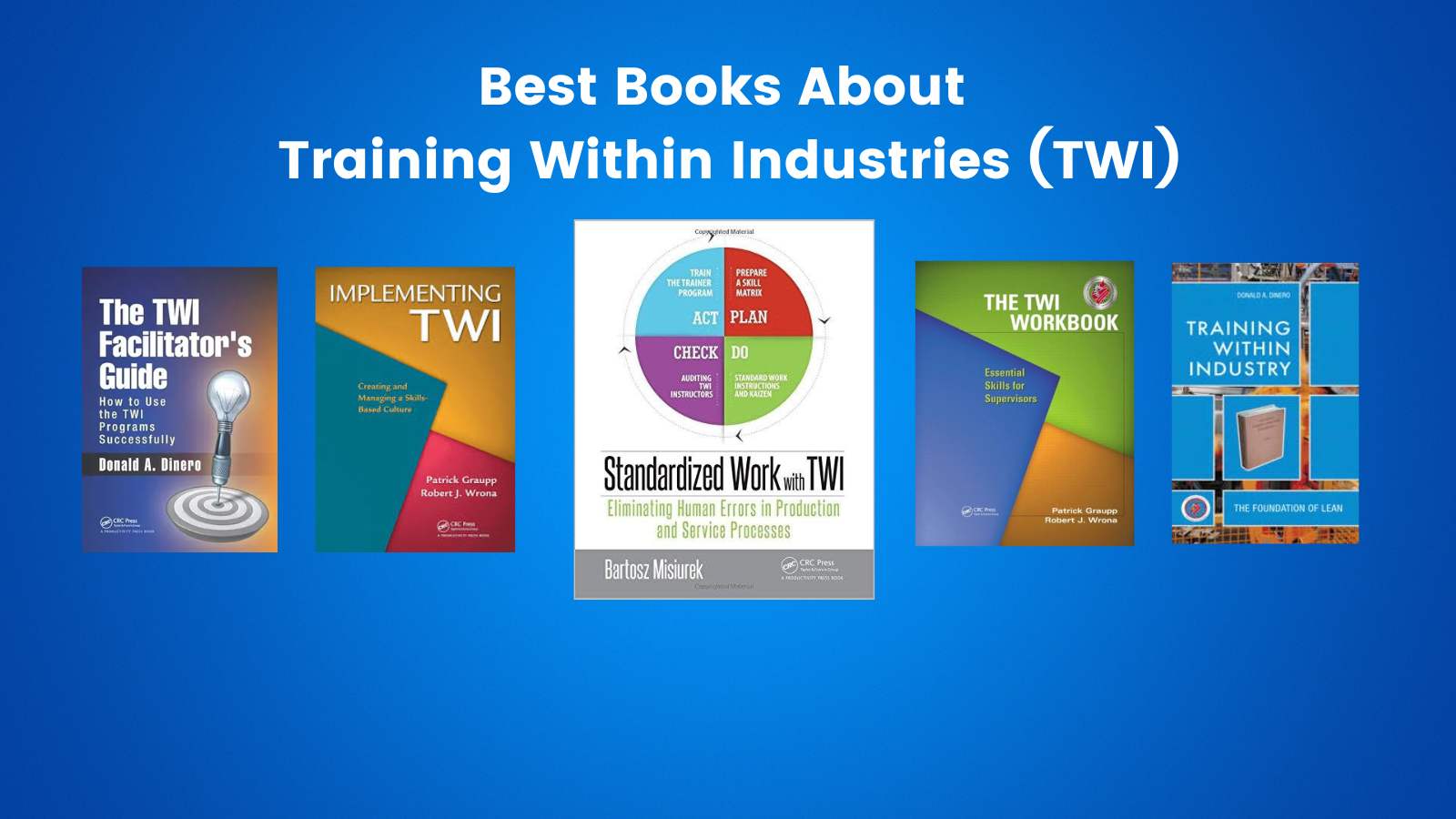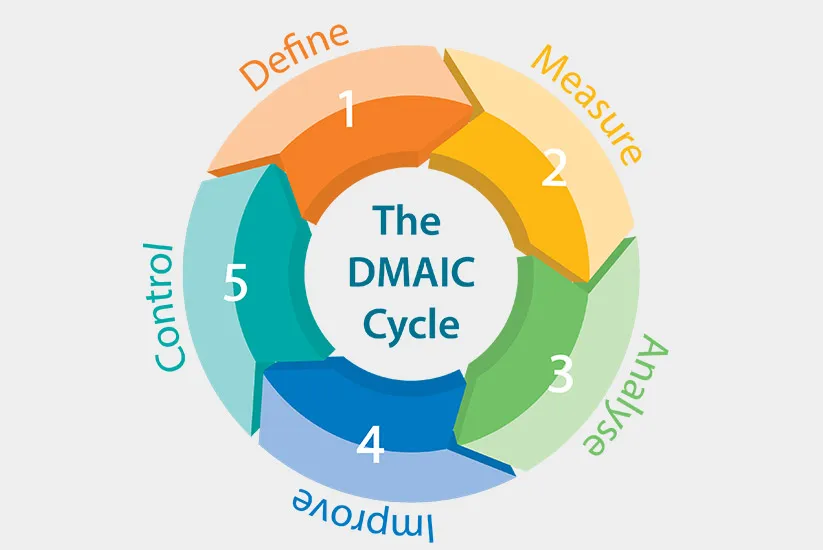Goal setting – breaking cycles. Are you stuck in a cycle of setting goals and then missing them? I’m sure that many of you, like me, will be wondering where this year has gone. It doesn’t seem long ago that we were setting our big business goals for 2023, yet we’re already coming to that time of year when we start thinking about goals for next year. For me, this always starts with a review of this year’s goals and, thinking back, I’ve noticed a familiar pattern. On the plus side, in many key areas I’ve made more progress than I thought when I compare to what things were like at the start of the year. In too many others, I’m way behind my aspirations. For some, I’ve hardly even got off the blocks!
Table of Contents
ToggleGoal Setting: Strategies for Success
Looking further back to my corporate life, things weren’t much different, both for me, my team and for others in the organisation. The same pattern was evident. After admitting goals had been missed, what happened next was a cursory review of reasons why, generally lumped under things like “business pressures”, “overload”, “exceptional events”, “changed circumstances”. Followed by a kind of “reset” – discard some goals as no longer relevant, carrying forward others that still seemed important with a new starting point and adding a few more in response to current business needs.
Then looking a bit deeper, I notice that this annual cycle is simply a scaled-up version of the “monthly review against plan” – actions are set then missed, some “reasons why” offered with little real thought or exploration and a roll-forward to the next month.
In short, we seem to be stuck in a repeating cycle of “letting ourselves off the hook” and entering the next cycle with little more than a sense of determination to “do better” and no more than a vague notion of why it went wrong this time and how we might avoid the same mistakes again.
Which all sounds dangerously close to the oft-quoted definition of insanity; “Doing the same thing over and over again and expecting different results!”
“Insanity is doing the same thing over and over again and expecting different results.” ~ Probably not said by Einstein!
If this all sounds worryingly familiar, you’re not alone. I’ve seen it with many of my clients too. More than that, I’m asking myself why, with all of my years of experience making successful changes in many areas of my professional and personal life and my commitment to the idea of continuous improvement, I still find myself stuck in this cycle for some of my goals? So, if you’re interested in really doing better next year, let’s journey together on a process of reflection to see if we can uncover some of the real reasons this type of cycle persists and identify some actions we can take that will truly make a difference.
Excuses or Analysis?
We can often feel like we need to “make an excuse” for our lack of achievement, as if somehow we need to justify it. I wonder why that is? What feelings drive this need – embarrassment, shame, fear?
Perhaps it’s a sense of failure? Often, we cite external factors – quite obviously beyond our control – as the reason for our “failure”, as if admitting it had something to do with us is to be avoided. Failure becomes about us as people rather than our actions.
Of course, much of this can result from organisations or individuals that don’t make it “psychologically safe” to explore this topic in a more objective way – always looking for “who is to blame” rather than “what went wrong”.
However, perhaps we really need to create our own sense of psychological safety to start that exploration for ourselves. Only then can we step back and attain an appropriate level of objectivity to understand what’s really behind what has happened.
Time for some deeper reflection?
Unlike our Japanese counterparts, who are schooled in the practice of “hansei” (roughly translated as “self-reflection”), few of us in the UK and elsewhere regularly undertake any form of deep reflection that focusses on where we personally can improve our practice. There something quite uncomfortable about it and, as “action oriented” people we’d rather just get on with it. I wonder why that is?
Perhaps we’re a little afraid of considering that there’s something broken in our process, or we have a sense that “failure” is unacceptable and therefore something to be avoided (rather than accepted as inevitable and to be learned from so not repeated). Certainly recognising those negative emotions is rarely energising and requires some hard work. So instead we try to justify our actions – and maybe ourselves – and move on.
If that’s you – and it’s often me – it’s time for some “brave pills” and a deeper dive into what’s going on.
There’s a challenging truth that our actions often betray our true beliefs and values. This would suggest that our failure to deliver means that we’re not truly “bought in” to delivering some of our goals at some deep level – often, although perhaps mistakenly, seen as not truly important enough to us for us to take the necessary action.
I’ve recently been introduced to the BTFA (Believe–Think–Feel–Act) cycle, which provides a helpful framework for understanding how our brains work and why we behave in certain ways. Put simply, our beliefs are “wiring patterns” (sometimes referred to as neural pathways) in our brain that build up over time. Some wiring – beliefs we’ve held for a long period – is very strong. With new ideas, the wiring can be very weak.
Our thinking (firing, or transmission of signals along that wiring) is largely constrained by the wiring. To think new stuff, we need to create new wiring (growing new brain tissue), which takes time and effort, and is closely linked to the production of chemicals in our system. Many of these chemicals are triggered by our emotional state, i.e. our feelings impact and are impacted by our thinking.
Thoughts and feelings then combine to generate our actions. The reverse is also true. Others’ actions generate a feeling response in us, which can influence our thinking and hence our beliefs. Our big problem is that much of this happens very quickly “in the moment” at a subconscious level (our “fast brain”) before our conscious thinking (“slow brain”) can intervene. This explains why we often react in ways that are not what we might have intended in a more thoughtful moment.
False beliefs?
Changing these patterns takes time and effort. The process of self–reflection, in particular “thinking about our thinking”, is a powerful method of working on this. From my thinking, I’ve identified a number of what I’ll refer to as “false beliefs” that influence how we think about, and therefore act on, our goals.
False belief 1: Urgent trumps important
There’s something about fundamental human nature that responds to the urgent – anything that has that sense of “now” about it. And, of course, that can often be the case. We would almost always drop everything to deal with a real fire in our vicinity.
However, even if the issue is not as critical as a real fire, it’s almost as if there’s a belief that we “have to” respond to the urgent.
There’s a fire!
Our basic nature – honed over millions of years – conspires with us. Responding to the immediate is part of our “default wiring”, derived from identifying and responding to threats to our physical safety (often referred to as the “fight or flight” response). It’s easy to deal with something that is in the present and where we can see an immediate result.
In today’s world, an urgent production problem takes the place of a sabre–toothed tiger, yet our basic response is the same. The “threat” triggers the production of certain chemicals that make us ready for action and, incidentally, deprives our brain of the vital oxygen and energy we’d need for a more considered response!
Therefore, it’s quite natural to defer working on our goals – which, although important, are by their very nature rarely “urgent”– in favour of that pressing business need. But is it excusable, or even necessary?
I really haven’t got time!
It can become all too easy to say – to ourselves or others, we really haven’t got time to work on this stuff. We believe it. After all, our brains are wired to do that immediate stuff well and – let’s face it – until it gets overwhelming, firefighting can be quite fun!
That strong wiring in our brain also works against us here. There’s no immediate threat. We are much less good at handling concepts where the outcome is uncertain and are in the future. Doing that sort of work requires lots more mental energy, which it dislikes. So we take the easy option. Put off the hard stuff related to our goals and get on with fighting the fires!
Shifting our thinking
However, is this always the right course of action?
Stepping back for a moment, much of the urgent is repeated action that could be reduced or eliminated by solving an underlying problem, finding a better way to do things or working on strategic business issues, almost all of which fall into the “important yet not urgent category”. These are the things that will ensure the longer term success and sustainability of our business.
Maybe there are times when it’s better to let the fire burn for a few minutes and fetch some better equipment. Taking a few minutes to take one step in the direction of your goal that will deliver a small benefit is all that it takes. We get closer to our goal. We free up some time. We can take a bigger step next time. And, progressively, much like the snowball rolling down the hill, we increase the pace of improvement and start to see some impressive results.
False belief 2: As long as we’re busy, that’s good
“Don’t just do something, sit there!
Closely related to the above is the idea that any work on the business is seen as “good”, perhaps even an underlying culture in the organisation that values “hard work”, whether that may be those who are constantly on the move or who work long hours. In such a culture, people who are seen to be “just sitting there” – no matter what valuable thinking they may be doing, people who achieve the same or better results with less apparent effort – are somehow seen as less valuable. It can seem that they are somehow “cheating” or “just lucky”. There is little consideration given to how effectively people they are using their time – activity is easily confused with accomplishment.Now consider how this way of thinking impacts on working on significant goals. Much of this work does require sitting and thinking before taking action. Many goals are aimed at making processes more effective or efficient, perhaps even – as highlighted above – at eliminating much of the activity that occupies many people’s time. Where there is a “busy” culture, it’s unlikely that taking this time will be seen as valuable, and so “busy work” will almost inevitably take precedence.
False belief 3: Setting good goals is enough
“A goal properly set is halfway reached.” ~ Zig Ziglar, Author and Motivational speaker
While there’s some truth in Zig Ziglar’s well–known quote, it’s easy to forget that he only says “halfway reached”. Something I’ve observed in senior leaders is a behaviour that assumes that a goal they have set – especially if the action to achieve it belongs to someone else – has already been achieved, even if the work hasn’t even started. They’ll miss out that there need to be good processes and procedures in place to achieve the goals and that it will take time, and that they have a role to play in bringing the goals to fruition. I wonder, though, if there’s something more subtle going on? Even if we have good processes and procedures, could we still fall into the same “miss and delay” trap I mentioned at the start? I think so.
Do we really believe in the goals?
My question is; although the goals as written seem worthy and important to the business, do we really believe in them? Our actions often suggest that we don’t. There’s more a sense that this goal is something with think that we “should” do rather than one we really believe in and want to do. And, if we don’t really want to work on the goals, we’ll be lacking that deep down commitment to do what it takes to see them through. In short, there’s a gap between the reality and what we’d like to believe. Again, we need something that will give us the energy to overcome that “default wiring” and commit to the “stretch” that is needed to take action on something that isn’t an “immediate threat”. My experience is that this energy is best provided by connecting to a “WHY” at a deeper level than is normally done. Instead of considering why it matters to the organisation – a typical position in goal setting – connect to why it matters to us personally at quite a deep level that takes us beyond the “should”. I might even go so far as to suggest that, if we can’t find this connection, we might be better off forgetting the goal altogether as we’ve probably at least half defeated ourselves already. A question I often ask clients when we’re setting goals of actions is; “what’s your score on a scale of 1–10 for your willingness to take this action?” Note the word willingness. It really taps into the “want to” rather than the “should”. I suggest that, if they score themselves 7 or less, at least some part of their brain is already writing the list of reasons why they haven’t done it. I then encourage them to dig deeper to identify what’s missing that would make it a 10. This is hard work, yet it often pays dividends and I see clients leave the room with a new sense of focus and determination. Equally, if it’s true for ourselves, how much more is it so where we are working with our teams to engage them in the organisation? After all, if this is done poorly, there can be a real sense that goals are imposed on them and everything I’ve written before about “have to” rather than “want to” become even more significant. To get that real commitment, we need to connect the organisational goals with what matters to them as individuals – taking time to listen to them, understand what’s important and incorporate their input. Perhaps more deeply, do the majority understand and believe in the purpose of the organisation as something they really want to commit their time and energy to?
A goal properly set?
Taking the above into account, we might take our definition of “a goal properly set” somewhat further than the norm. Not just does it makes sense, does it seem worthy, does it help move the business in the right direction, but does it connect with the deeper values and motivation of everyone involved in a way that will drive them to deal with the inevitable challenges that come their way to bring it to reality? Equally, how much are those who will be involved in taking action a part of the goal setting process? A well-set goal will bring in the knowledge and perspective of all those involved to create goals that are both more robustly defined and more meaningful to those involved, encouraging the sense of ownership to see them through.
False belief 4: We don’t have what it takes
This false belief has a somewhat different flavour from the above, I think. It stems from a lack of confidence – whether well–founded or not – in our own abilities. We think we don’t know what to do and/or how to do it. Or maybe we think that the goal is too big for us. Then there’s no point in starting if we “know” we can’t achieve it all, is there?! Whether or not we’re right, the result can often be paralysis or procrastination as some level of fear takes over – fear of failure, fear of looking foolish, fear of the consequences associated with these. Perhaps both have similar roots though – in childhood or earlier career experiences and unhelpful responses from parents, friends, teachers, managers or colleagues that somehow diminish our sense of who we are.
Action conquers fear
If we do have the skill or knowledge, yet somehow don’t really believe that we do – no matter what our rational mind may tell us – we have something like “imposter syndrome” that holds us back. So what do we do? Perhaps we just need to “feel the fear and do it anyway” and learn from experience that we really can do it. Or perhaps we need affirmation or encouragement from someone whose opinion we trust. Or coaching. Maybe even counselling. Anything to help us get out of the paralysis zone and fulfilling our potential.Similarly, if we genuinely don’t know what or how to do, we need to take action to overcome whatever fear is holding us back. Perhaps we need to take a step to learn or acquire a new skill. Perhaps we need to ask for help. Perhaps something else. I can only encourage you to dig deep enough to identify it and take that step.
As leaders, we may be able to help others in this sort of situation – creating a “safe space” for these fears to surface and be talked about and/or providing the necessary support in either scenario to encourage a more positive response.
If we really want to, we will
Experience tells us that, if we really want to do something, if it taps into that sense of desire deep within us, we will find ways to make the time for it, we’ll work hard to bring things about, we’ll make the effort to overcome obstacles and not fall prey those fears and doubts. So, logic goes, if we’re not working on those goals we believe in, we may need to understand what is actually getting in the way. What I’ve aimed to do in the preceding text is to identify some possible areas to explore if you want to explore the gap between “ought to” and “want to” for yourself. I may not have identified all of the possibilities, and your exploration may take you somewhere else, but I hope I’ve encouraged you to start! So, what about 2024?
So what will you do differently in formulating and executing your key business goals for 2024, based on understanding what really happened in 2023? If you’ve already identified the significant areas you need to address to have more success, well done! I wish you every success. However, I know from personal experience how challenging such a process of reflection can be to do on your own. It’s easy to stop before you’ve really got to the bottom of things and hence inadvertently set yourself on path to repeat the same pattern as before. It can be a huge help to have someone to support you through this process, someone who will provide you with a safe space to explore the real issues and provide the necessary level of “positive challenge” to help you get to the real issues, someone who’s been there before. All the evidence from coaching and therapy points to the value of someone managing the process of reflection. Ideally, that person should have no vested interest or related “baggage”, which perhaps suggests the need to invest in the services of an external facilitator. If that sounds like something that would be of value to you, I’d be delighted to help. For an initial no charge, no obligation exploratory call, please email, call or use the link below to book.

Harvey Leach is passionate about helping organizations acquire the knowledge, skill, and culture they need to achieve Operational Excellence. Following a successful career in the automotive industry with Rover and BMW Group, where he worked in a variety of roles covering R&D, production and corporate strategy, Harvey has worked as a consultant, trainer, and coach since 2004. He delights in seeing teams “come alive” as they discover how they can apply the same principles that underpin some of the world’s leading companies to their organization to achieve impressive improvements in performance and more fulfilling lives.






